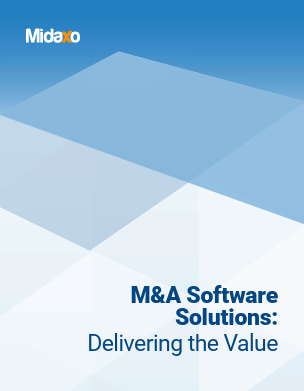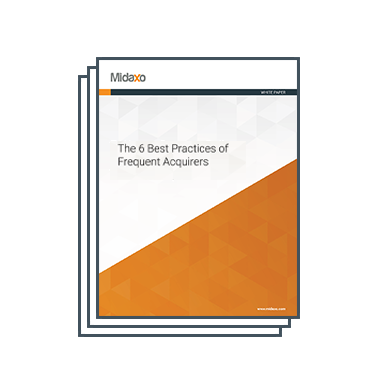Your integration framework is in place. Functional leads are fully armed, and at their battle stations. Ready… Set… DAY 1!
As soon as the clock starts ticking, every second in a PMI project matters. As Kaija Katariina Erkkilä outlines in her article on PMI speed, “speed in M&A integration execution does bring value and it correlates to the success of M&A.”
With the ever-decreasing timeframe in which integration leads are expected to realize synergy targets, there are few things more important than a structured and diligent post-merger integration plan. But when day one hits and Pandora’s box is open, being able to track the success of your plan in real time becomes just as important as the plan itself.
Weekly meetings are the lifeblood of most integrations, and have been the best practice until recently. Whether it is program meetings, project meetings, or ESC meetings, there are a few data points that need to be tracked consistently at a high-level.
- Issues
- Task Status/Milestones
- Timeline
- Responsibility
Typically, the integration leaders ask for updates from each functional lead/project manager, and get a verbal play-by-play of the past week’s happenings. In our current, tech-driven world, there are now digital tools that can increase meeting productivity and give deal teams instant transparency into their processes.
With M&A software, integration team members can see what’s happening prior to meetings, ensuring focus on how to address issues, decisions needed, cross-stream dependencies, etc. This means that meetings’ action items are clearer, and time is spent proactively working towards targets, rather than retroactively getting updates on who did what, when.

Each of the integration performance items above are affected by the PMI teams ability to have “real-time” visibility:
Issues
Having instant insight into the status of any potential issue enables corporate development teams to address risks before they damage the deal. Any PMI project will run up against unforeseen challenges, but proactively resolving issues leads to an increase in deal speed and value realization.
Task Status/Milestones
Many teams have thousands of tasks per integration, but there are always key milestones against which success is measured. Having the opportunity to check on the mission-critical items at a moment’s notice with M&A analytics shortens the feedback loop within teams and empowers integration leads with the information they need to benchmark their teams against their schedules in real time.
Timeline
Let’s face it. Integrations very rarely hit timeline expectations. But, knowing where you are in relation to your goal is still crucial. Having that one-week gap in status update between team meetings might just be the difference between being on time and falling far behind.
Responsibility
PMI projects have many moving pieces in play. Even with the assistance of a robust post-merger integration checklist, governance remains complex. The PMI leads manage the functional leads, who in turn must allocate resources from within their teams.
Having a central platform that acts as a single source of truth is invaluable. Immediately, it becomes clear who is responsible for a task, who has signed off on what action item, etc. When there are multiple chains of command, being able to see changes in real time through deal management software gives integration leads the bird’s eye view that is needed to execute.
To quote Mark Herndon of M&A Partners, “The time has come to upgrade M&A integration management processes with simple, secure and state-of-the-art software solutions.” This real-time transparency gives cutting-edge PMI teams full visibility and control in the perfect storm that is integration.





